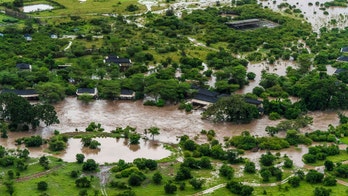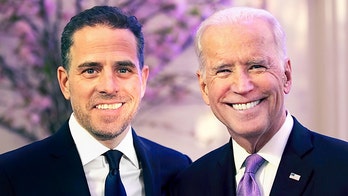Iraq has requested the United Nations to conclude the mission of UNAMI (United Nations Assistance Mission for Iraq) by the end of 2025. This request comes as part of a series of moves by Iraq to end the presence of international bodies operating in the country since 2003.

Prime Minister Mohammed Shia al-Sudani's letter sent to U.N. Secretary-General António Guterres conveyed Iraq's belief that UNAMI's mission had become redundant. According to Sudani, Iraq has achieved significant progress in areas covered by UNAMI's mandate, rendering its continuation unnecessary.

Established in 2003 after the U.S. invasion of Iraq, UNAMI's responsibilities included facilitating dialogue among Iraqi groups, assisting with election logistics, monitoring human rights, and coordinating aid in conflict zones. The mission is typically extended annually by the U.N. Security Council, with the current mandate expiring at the end of May 2023.
Sudani's letter did not object to a one-year extension but emphasized that UNAMI's focus should be on completing its tasks and ensuring a smooth handover of responsibilities by the end of 2025.
Iraq's request to wind down UNAMI aligns with the Iraqi government's recent efforts to diminish the presence of international bodies in the country. Earlier this year, Iraq initiated discussions to phase out the mission of the U.S.-led military coalition against ISIS.
Additionally, Baghdad has opted not to renew the mandate of the U.N. Investigative Team to Promote Accountability for Crimes Committed by ISIS, requesting its exit by September 2024.
Iraqi officials have expressed a desire to strengthen their country's sovereignty and reduce reliance on external assistance. They believe that Iraq has the capacity to manage its own affairs and pursue its development goals independently.
The U.N. Security Council, which authorizes and oversees UNAMI's mandate, is expected to consider Iraq's request. The decision on whether to extend the mission or initiate the process of closure will ultimately rest with the Council.
Observers note that Iraq's request reflects a broader trend among some countries to seek greater autonomy and reduce international involvement in their internal affairs. It remains to be seen how the U.N. Security Council will respond to Iraq's request and whether a compromise can be reached to ensure a smooth transition and continued international support for Iraq's development and stability.










